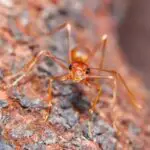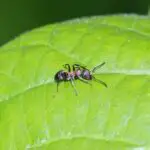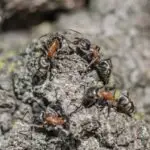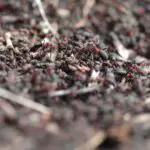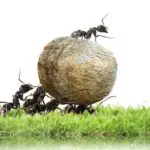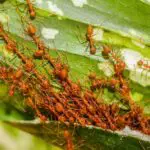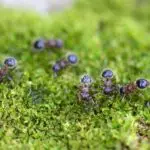How Can Ants Become Immune to Poison?
Biological immunity is the ability to tolerate exposure to certain chemical agents. In the case of ants, the ability to resist the effects of ant poison is very important in the survival of these insects.
Ants are one of the most common groups of venomous organisms. In fact, there are about 13,165 species of ants described. Each species has its own reaction to ant poisons.
Many ant species overcome prey by attacking in large numbers. For example, army ants use overwhelming numbers of bites to paralyze prey. Solitary ants may prey on crickets, caterpillars, and spiders. They may also have a potent venom. The venoms of these species are primarily composed of non-peptidic compounds.
Most ant venoms contain cytolytic peptides that disrupt membranes. These peptides are used to kill the target cell. They are found in the venoms of spiders, scorpions, and ants. They are also found in cone snails and other venomous animals.
Ant venom alkaloids are very important in biology. Some are monocyclic, while others are polycyclic. The most common compound found in ant venoms is formic acid. In addition, acetic acid is present in the venoms of Formicinae.
Most ant species are genetically related. They share common genes and physiology. Ants with genetic alterations may be able to digest and recognize poison. They may also develop strategies to avoid poisoning. Several species are resistant to certain insecticides, and more species will develop resistance as they encounter more common insecticides.

